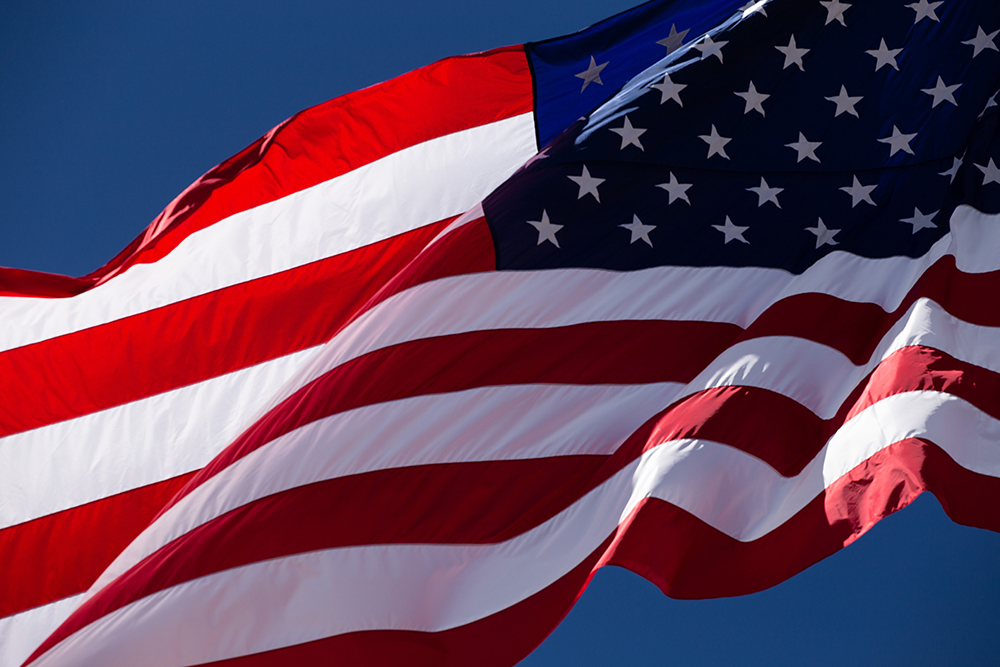
The European Medicines Agency has received a request for approval from AstraZeneca for the Covid-19 vaccine it developed with Oxford University.
The EMA said it would assess the application under an accelerated timeline.
An opinion on the conditional marketing authorisation could be issued by 29 January, it said in a statement.
European Commission chief Ursula von der Leyen hailed the application by Oxford-AstraZeneca as “good news”.
“Once the vaccine receives a positive scientific opinion, we will work full speed to authorise its use in Europe,” she said on Twitter.
Good news! @AstraZeneca has applied to @EMA_News to have its vaccine authorised in the EU. @EMA_News will assess the vaccine’s safety & efficacy.
Once the vaccine receives a positive scientific opinion, we will work full speed to authorise its use in Europe.
— Ursula von der Leyen (@vonderleyen) January 12, 2021
AstraZeneca has previously been criticised over a lack of clarity and transparency on trials that had shown varying outcomes in the jab’s efficiency.
Initial large-scale trials in which volunteers in the UK and Brazil were given two full doses showed 62% effectiveness.
For volunteers who received a half-dose first and then a full dose one month later, however, the vaccine was found to have 90% efficacy.
“Additional scientific information on issues related to quality, safety and efficacy of the vaccine was also provided by the company at the request of (the EMA) and is currently being assessed,” said the EMA.
Latest coronavirus stories
The agency has already recommended authorisation for the Pfizer-BioNTech and Moderna vaccines, which the European Commission subsequently approved for use in member states.
Moderna said deliveries of its coronavirus vaccine to EU and EEA member states began yesterday.
Chair of the National Immunisation Advisory Committee Professor Karina Butler said she understands a quantity of the vaccine will be in Ireland this week.
Last week, Minister for Health Stephen Donnelly said Ireland had pre-ordered 875,000 doses of the Moderna vaccine.
Like the Pfizer-BioNTech jab, it takes two injections spaced out over several weeks for Moderna’s version to reach maximum effectiveness.
However, it poses fewer logistical challenges as it requires storage only at -20C rather than around -80C for Pfizer-BioNTech’s vaccine.
On 18 December, the European Commission exercised its option to order an additional 80 million doses of Moderna’s vaccine against Covid-19, bringing its confirmed order commitment to 160 million doses in 2021.
EMA receives the application for a conditional marketing authorisation of #COVID19 Vaccine AstraZeneca: https://t.co/FVoelj9uvPpic.twitter.com/rpPoVEcNPk
— EU Medicines Agency (@EMA_News) January 12, 2021
The Serum Institute of India, the world’s biggest producer of vaccines, is one of the companies making the AstraZeneca Covid-19 vaccine.
The Indian government is seeking to shore up supplies before a decision on exporting the vaccines is made within the next few weeks, Foreign Minister Subrahmanyam Jaishankar said today.
India has to balance the needs of its own population, which is set to receive the first shots this weekend, with that of foreign countries, Mr Jaishankar said.
Last week, Brazilian President Jair Bolsonaro wrote a letter to Indian Prime Minister Narendra Modi asking to expedite a shipment of AstraZeneca’s vaccine.
The European Commission plans to conclude this week preliminary talks with French company Valneva over the advance purchase of its Covid-19 vaccine candidate, EU top negotiator Sandra Gallina told MEPs during a hearing in the EU Parliament.
She said the EU was also trying to conclude a supply deal with Novavax.
Preliminary talks with the US vaccine makers were wrapped upon 17 December for the supply of up to 200 million doses.
Meanwhile, scientists at the World Health Organization warned that mass vaccinations would not bring about herd immunity to the coronavirus this year, even as one leading producer boosted its production forecast.
Infections numbers are surging around the world, especially in Europe where nations have been forced to ramp up virus restrictions even as vaccines are rolled out.

 Subscribe to The Daily Telegraph to get unrestricted digital access, home paper delivery, Apps for iPad and Android, member only +Rewards and much more…
Subscribe to The Daily Telegraph to get unrestricted digital access, home paper delivery, Apps for iPad and Android, member only +Rewards and much more…  Do you compost or buy second hand?
Do you compost or buy second hand?  Local shares fell on Friday as investors make last-minute adjustments to their portfolios ahead of the main index’s rebalancing, while unease over rising infections grows.
Local shares fell on Friday as investors make last-minute adjustments to their portfolios ahead of the main index’s rebalancing, while unease over rising infections grows. 


